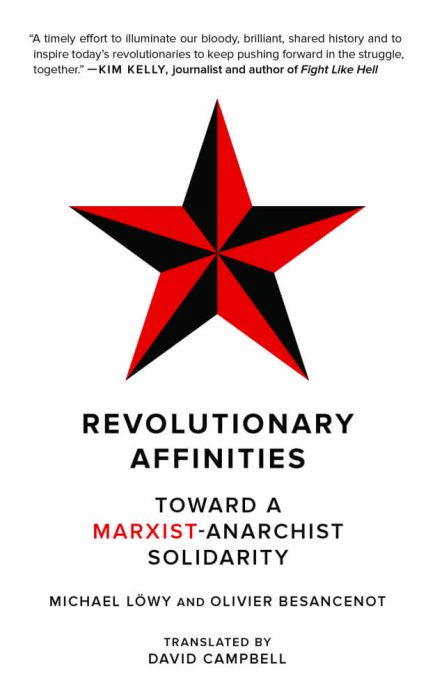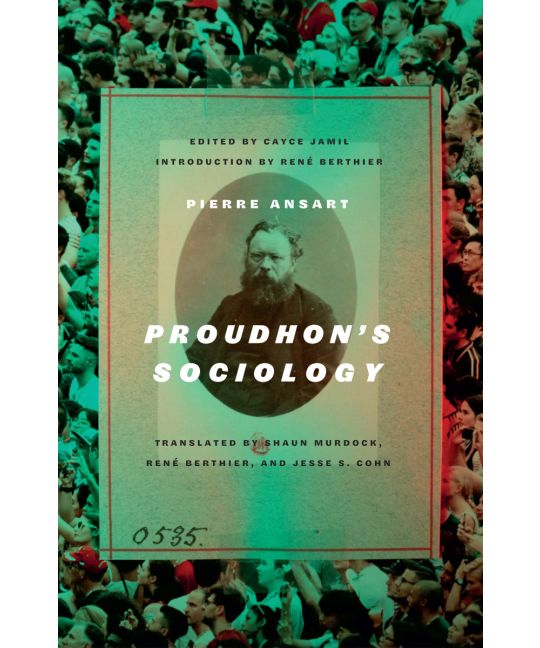Anarchy in Action by Colin Ward
£11.00
This classic text is an attempt to bridge the gap between the present reality and anarchist aspirations, “between what is and what, according to the anarchists, might be.”
Description
The argument of this book is that an anarchist society, a society which organises itself without authority, is always in existence, like a seed beneath the snow, buried under the weight of the state and its bureaucracy, capitalism and its waste, privilege and its injustices, nationalism and its suicidal loyalties, religious differences and their superstitious separatism.
Anarchist ideas are so much at variance with ordinary political assumptions and the solutions anarchists offer so remote, that all too often people find it hard to take anarchism seriously. This classic text is an attempt to bridge the gap between the present reality and anarchist aspirations, “between what is and what, according to the anarchists, might be.”
Through a wide-ranging analysis—drawing on examples from education, urban planning, welfare, housing, the environment, the workplace, and the family, to name but a few—Colin Ward demonstrates that the roots of anarchist practice are not so alien or quixotic as they might at first seem but lie precisely in the ways that people have always tended to organise themselves when left alone to do so.
The result is both an accessible introduction for those new to anarchism and pause for thought for those who are too quick to dismiss it.
For more than thirty years, in over thirty books, Colin Ward patiently explained anarchist solutions to everything from vandalism to climate change—and celebrated unofficial uses of the landscape as commons, from holiday camps to squatter communities. Ward was an anarchist journalist and editor for almost sixty years, most famously editing the journal Anarchy. He was also a columnist for New Statesman, New Society, Freedom, and Town and Country Planning.
Praise:
- “It is difficult to match the empirical strength, the lucidity of prose, and the integration of theory and practical insight in the magnificent body of work produced by the veteran anarchist Colin Ward.” —Prospect
- “Colin Ward has never written a highly paid column for a national newspaper or been on the bestseller lists, but his fan club is distinguished, and his influence wider than he himself may know.” —Times Literary Supplement
- “In Anarchy in Action, Colin Ward set out his belief that an anarchist society was not an end goal. . . . Ward saw all distant goals as a form of tyranny and believed that anarchist principles could be discerned in everyday human relations and impulses. Within this perspective, politics was about strengthening co-operative relations and supporting human ingenuity in its myriad vernacular and everyday forms.” —Guardian (UK)
- “Anarchy, for Ward, was a system in which mutuality predominates; and in a series of books he explored ‘anarchist applications,’ championing such groups as allotment-holders, prefab dwellers, amateur music-makers, squatters, DIY housebuilders and others who operate in the penumbra of the bureaucratic state.” —Telegraph (UK)
About the Author:
Colin Ward (1924–2010) was Britain’s foremost anarchist writer. Editor of Freedom newspaper and then Anarchy magazine from 1947 to 1970, he is the author or coauthor of over thirty books, including Anarchy in Action, Talking Anarchy, Anarchism: A Very Short Introduction, Cotters and Squatters, The Allotment, and Arcadia for All.
Product Details:
Author: Colin Ward
Publisher: PM Press
ISBN: 978-1-62963-238-4
Published: 12/2017
Format: Paperback
Size: 8.5×5.5
Page count: 192
Subjects: Politics-Anarchism





